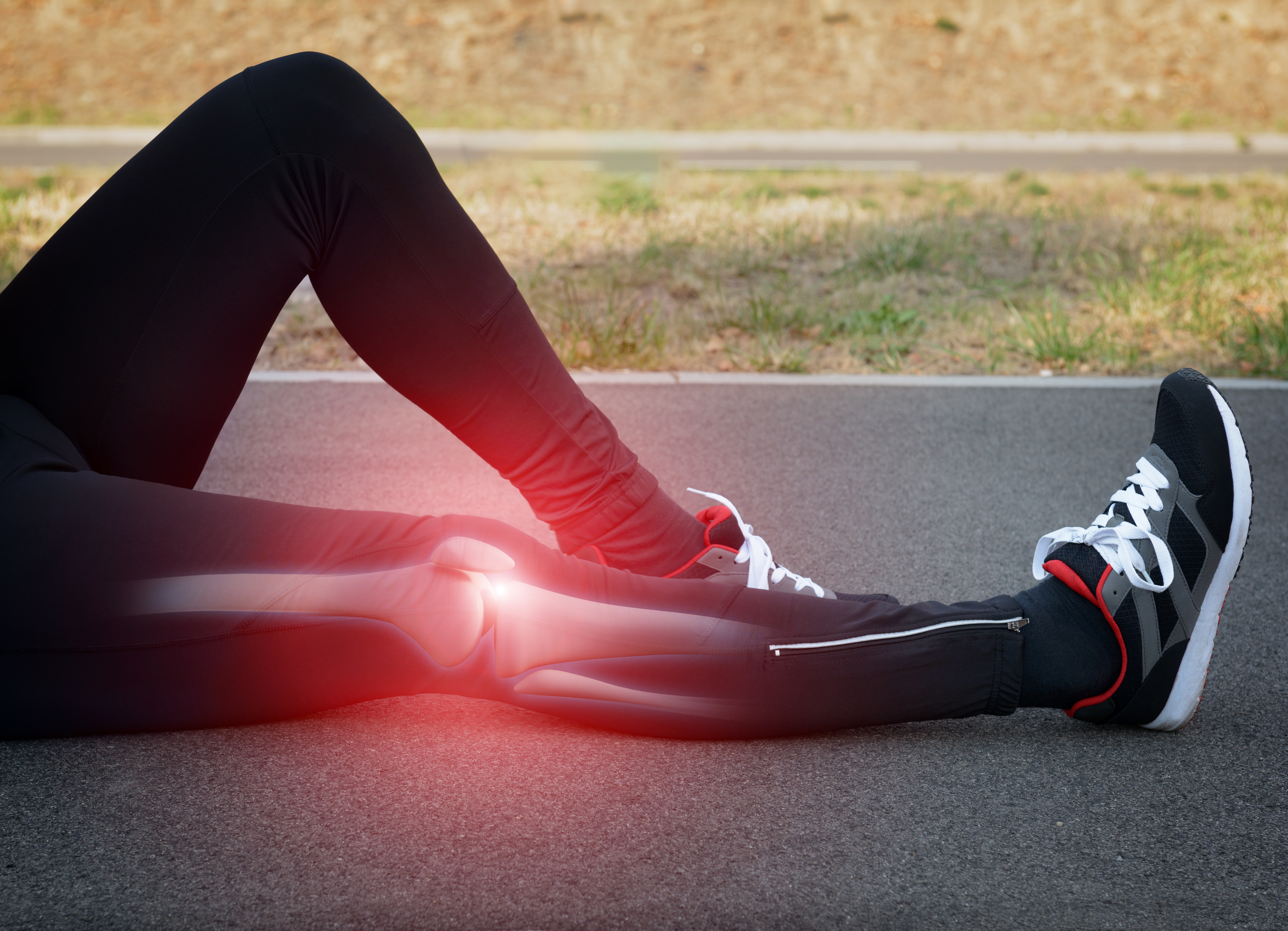Inflammation is the body's way of fighting against things that harm it, such as infections,…

Take Action on Depression
Some Powerful Tips For Combating Depression
Recovering from depression requires that you take action. However taking action when you’re depressed is not easy. Just thinking about the things you should do to feel better, like going for a walk or spending time with friends, can be exhausting. In order to overcome depression it is advisable to start with a few small goals and slowly build from there. You probably have enough energy to take a short walk around the block or pick up the phone to call a loved one. Below Hypnotherapist and Counsellor Michael Cohen shows you some simple but effective ideas for combating depression.
Get active
Often the last thing a depressed person feels like doing is exercise. However, exercise really can make you feel better because it releases endorphins, the body’s natural anti-depressant hormone. Do a form of exercise you find enjoyable. Swimming, walking or riding a bicycle are wonderful ways of relieving depression. I have found that depressed clients really benefit from fast-paced walking, as it gets them out of the house, requires little in the way of preparation and needs no special exercise equipment.
Make your exercise aerobic by walking briskly but be gentle with yourself. Start gradually and build up the amount of exercise. Don’t expect to be an Olympic champion! Perhaps you can join an aerobic or swimming class.
When starting any form of new exercise, it is always advisable to consult your doctor first. If you experience chest pain or any other distressing symptoms, seek medical attention.
Distract yourself
People who are depressed often describe having self- critical, guilty or negative thoughts. We have talked in some length about strategies to challenge negative thinking. Another powerful strategy is to ensure your mind and body are busy – for example, you could make a phone call and talk to someone you trust. Communication is important and can help distract you from your internal dialogue.
You can take yourself to the shops or the park, making sure to look around you and observe passers-by, animals, even the trees. If the weather is bad, try playing a game on the computer, or pop some music on and do the housework. By becoming engaged in an activity, you move your attention away from your internal chatter to the external world around you.
Show contempt for your negative, irrational thoughts
It is important to identify and challenge your irrational thoughts. However, sometimes it’s enough to just ignore them.
If you find yourself ruminating over your irrational thinking, see the thoughts for what they are – negative and unhelpful. Your time is important and you have important things to do. Giving these thoughts attention is a drain on your time and resources.
Avoid alcohol and illegal drugs
It’s imperative to totally avoid alcohol as well as illegal and some non-prescription drugs. Alcohol and illegal drugs affect the body’s central nervous system and can cause depression. What’s more, they inhibit the effectiveness of anti-depressant medication as well as some other medicines
There is also some evidence to suggest that products containing aspartame, such as sweeteners, can make symptoms of depression worse. If in doubt, speak to your doctor.
Seek out the sun
Get as much sunlight as possible. Sunlight has been shown to have an anti-depressant effect, even in the UK. Don’t be put off because it’s overcast – as long as there is some light, it can have a positive effect.
Manage your eating habits
Depression can affect your eating habits. You may find you lose your appetite or you lack the motivation to prepare food. Some people find their appetite for unhealthy foods increases and they end up gaining weight. Both of these habits tend to exacerbate depression. Blood sugar levels can go up and down and can affect your mood, making you feel even more miserable. Eating regular meals will help to stabilize your blood sugar level and your mood. Aim for three meals a day – breakfast, lunch and an evening meal, with a healthy snack mid-morning and mid-afternoon to boost your metabolism and ensure energy is used effectively.
If you find it hard to eat, try eating little and often. People who have issues with food will need to keep a check on irrational thinking. For instance, perfectionism about body image, as well as an “all or nothing” approach to dieting can contribute to depression.
Keep a diary
Take some time each day to write a diary. This can include writing down your thoughts about the positive and negative aspects of each day. This helps you learn what you feel depressed about and what makes you happy, or at least distracts you from your depression. After a week or so, read over your diary and you may find what you need to do to lift your mood and what you need to avoid doing to prevent your depression from getting worse.
Practice mindfulness
Mindfulness involves focusing your mind on the present. You become aware of your actions in the present moment. You don’t judge – you just observe. This is a simple concept but it is quite challenging. It is natural for our minds to judge our experiences as good, bad or neutral. Start by paying attention to an everyday experience without drifting into thoughts of the past or worries about the future. The idea is to not be caught up with thoughts or opinions about what’s going on. Here are some tips:
* Stand still or sit down and simply pay attention to your breathing. Focus on the sensation of the air moving in and out of your body, as well as the rising and falling of your diaphragm and chest. Notice the air entering your nostrils and leaving your mouth.
Don’t judge, just observe.
* Observe your thoughts – simply watch them come and go. These may be thoughts of worry, anxiety, despair or optimism – don’t ignore them or fight them, just observe them without judgment
On other occasions, you should become mindful of everyday tasks such as making the bed – notice the feel of the quilt, the smell of fresh sheets or the movement of your hand as you make the bed. When you focus your awareness on the here and now, you reduce worries, relieve stress and improve your mood.
You may find it beneficial to take a course in mindfulness meditation. By being “present in the moment” you can reduce the symptoms of depression, stress and even physical pain.
Look after yourself
It is essential to look after yourself even in good times, but this is especially important when experiencing emotional difficulties such as depression. If you’re finding it difficult, ask your partner or a close friend or relative to help you eat well and avoid alcohol, caffeine and illegal drugs. Treat your negative thoughts with contempt, embrace the sunlight and take regular exercise. To feel well, you need to eat well, exercise well and sleep well. Take things a day at a time and reward yourself for each accomplishment. These steps may seem small, but they’ll quickly add up.
Depression requires medical and psychological evaluation. If you are feeling depressed, then please make an appointment to see your doctor or a competent therapist/Counsellor.
An extract from Michael Cohen’s book “The Power of Accepting Yourself” Publisher: Bookline and Thinker Ltd (10 Jan 2011)
If you would like to book an appointment with Michael please call 02085498000



